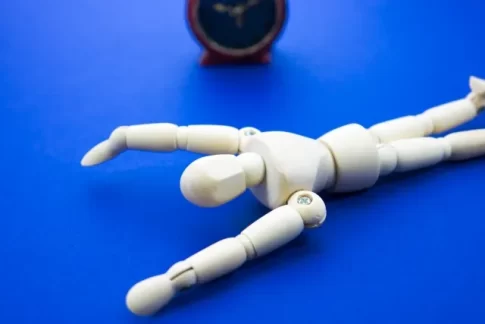この記事の概要
The stress caused by erectile dysfunction (ED) is considered to be considerable for patients; ED can cause loss of sexual confidence and strained relationships with partners, which often leads to emotional strain. In addition, social stigma and lack of understanding can contribute to the stress felt by the patient. For this reason, appropriate support and treatment are important, and a treatment approach that includes a spiritual dimension is recommended.
The stress caused by erectile dysfunction (ED) is considered to be considerable for patients; ED can cause loss of sexual confidence and strained relationships with partners, which often leads to emotional strain. In addition, social stigma and lack of understanding can contribute to the increased stress felt by the patient. For this reason, appropriate support and treatment are important, and a treatment approach that includes psychological aspects is recommended.
If the stress and psychological impact of ED (erectile dysfunction) is significant, consultation with a psychosomatic specialist can be helpful.Psychosomatic medicine can provide support and counseling focused on the psychological aspects of ED to help manage stress and reduce anxiety.Medications such as anti-anxiety or antidepressant medications may also be suggested as needed; if the ED is due to psychological factors, such an approach often leads to symptom improvement.
There are a wide variety of ways to effectively manage and cope with stress. Here are some practical and common stress management techniques。
1. Exercise.
- Regular exercise reduces stress hormones and causes the body to release endorphins, which improve mood.It is important to maintain an enjoyable form of exercise, such as walking, jogging, yoga, or sports.
2. get enough sleep
- Good sleep is necessary to maintain physical and mental health and improve stress tolerance. Maintaining a consistent sleep schedule and allowing time for relaxation before bed can help.
3. Well-balanced diet
- A healthy diet is good for both body and mind. Avoid excessive caffeine and sugar intake and eat a diet rich in fruits, vegetables, and whole grains.
4. Mindfulness and Meditation
- Mindfulness meditation helps you focus on the present moment and let go of negative thoughts. Meditating even for a short time on a daily basis can change the way you feel about stress.
5. Hobbies and relaxation
- Devoting time to hobbies and enjoyable activities can refresh your mind and relieve stress. Find an activity that you feel comfortable with, such as reading, painting, listening to music, or tending to your garden.
6. Social Support
- Connections with friends and family are extremely important during stressful times. Talking to someone you trust can help ease the psychological burden.
7. Time Management
- Managing your time effectively will help reduce the overload of tasks and deadline pressure that can cause stress. Make lists, prioritize, and set realistic goals.
8. Seek professional help
- If stress feels out of control, one option is to seek help from a counselor or psychotherapist.Through professional help, you can learn new ways to manage stress.
By combining these methods or finding the one that works best for you, you can effectively manage stress and lead a healthier life.










